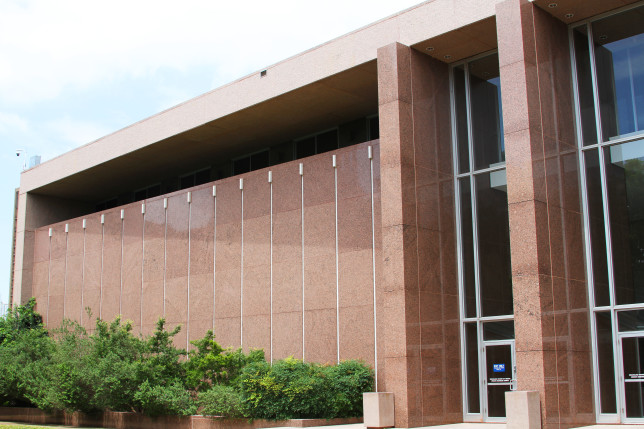Paredes v. State
No. PD-1043-14
Case Summary written by Sarah Ellison, Articles Editor.
JUDGE NEWELL delivered the opinion of the unanimous Court.
The appellant, a member of a Houston-area gang, killed two men in the commission of a robbery. He then gave the t-shirt he wore during the commission of the crime to a fellow gang member and requested that she wash it. Instead of washing it, the gang member turned the t-shirt over to police and the t-shirt was sent to a private forensic laboratory, Identigene, for DNA testing. The blood on the clothing matched that of the victims.
At trial, Robin Freeman, the forensic-laboratory director for Identigene, testified that although she had not personally conducted the physical aspects of the test, she had supervised the process. While testifying, Freeman ensured that safety protocols were in place and that she had conducted the final interpretation of the data results. Moreover, the three analysts who physically completed the analysis did not testify, documents containing the raw data were not introduced, and Freeman did not testify as to someone else’s opinions. Appellant objected on the grounds he was entitled to cross-examine the three analysts who conducted the examination and the trial judge overruled the objection. The trial court’s decision was affirmed by the Fourteenth Court of Appeals. Subsequent to this decision, this court held in Burch v. State, 401 S.W.3d 634, 637 (Tex. Crim. App. 2013) that the admission of a lab report containing drug test results was a Confrontation Clause violation. As a result, this court granted appellant’s petition for discretionary review and the case was remanded to determine if the rationale of the Burch decision should apply in this case.
Issue: Does a violation of the Confrontation Clause result from the admission of a supervising DNA analyst’s opinion, when it is based on computer-generated data gathered through batch DNA testing?
On remand, this court distinguished the facts of appellant’s case from that of Burch and Bullcoming v. New Mexico, 131 S. Ct. 2705 (2011). In Burch and Bullcoming, the testifying analysts lacked personal knowledge and had neither conducted nor observed the testing processes at their laboratories. The facts of this case proved different given Freeman’s hands-on analysis as well as the fact that raw DNA data was not admitted into evidence.
In making its decision, this court further distinguished a set of cases including Pointer v. Texas, 380 U.S. 400 (1965), Crawford v. Washington, 541 U.S. 36 (2004), Melendez-Diaz v. Massachusetts, 557 U.S. 305 (2009), and Williams v. Illinois, 132 S. Ct. 2221 (2012). Freeman’s performance of the crucial data analysis swayed the court. Because Freeman testified to her own conclusions, and not just to a non-testifying experts analysis, the court determined this was not an attempt by the State to introduce a testimonial lab report through a surrogate. The court of appeals decision was affirmed.

